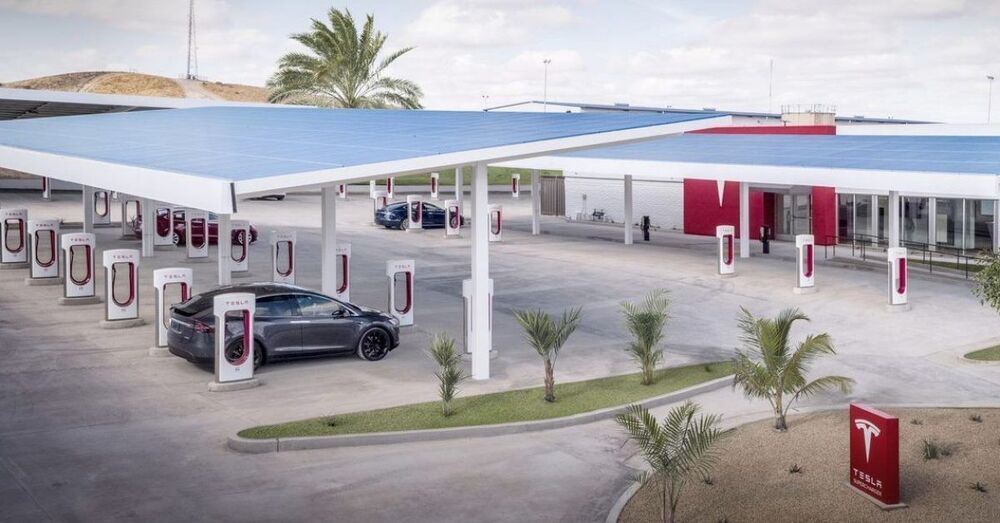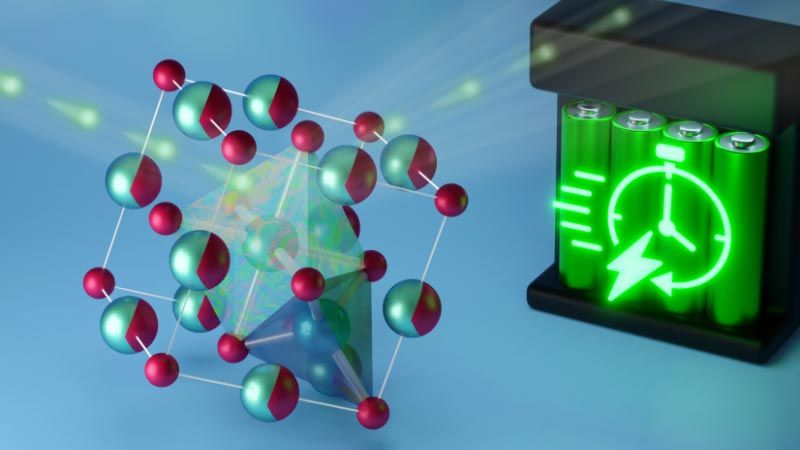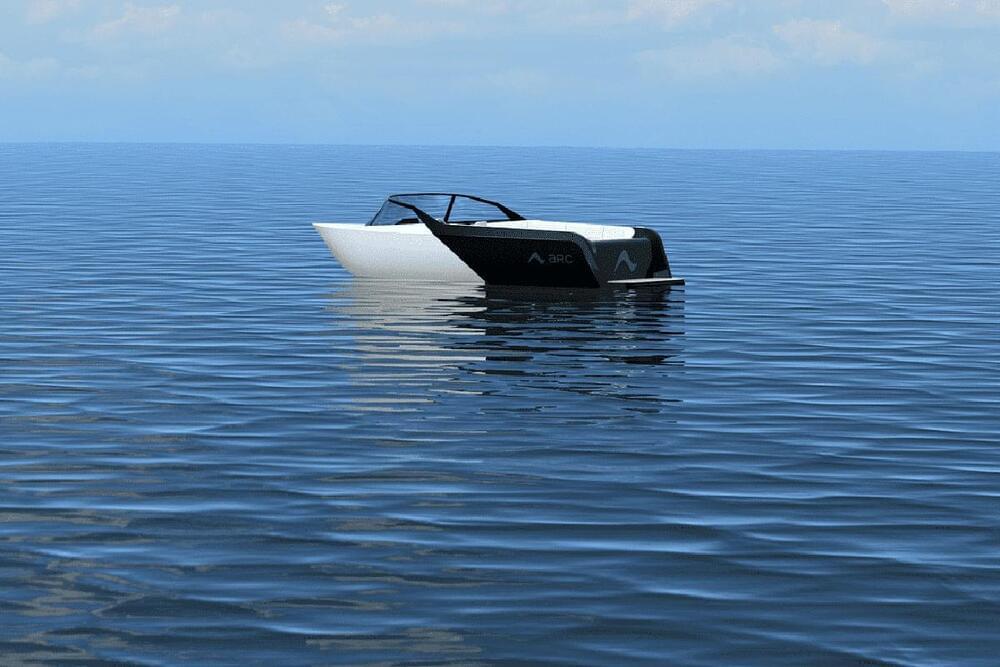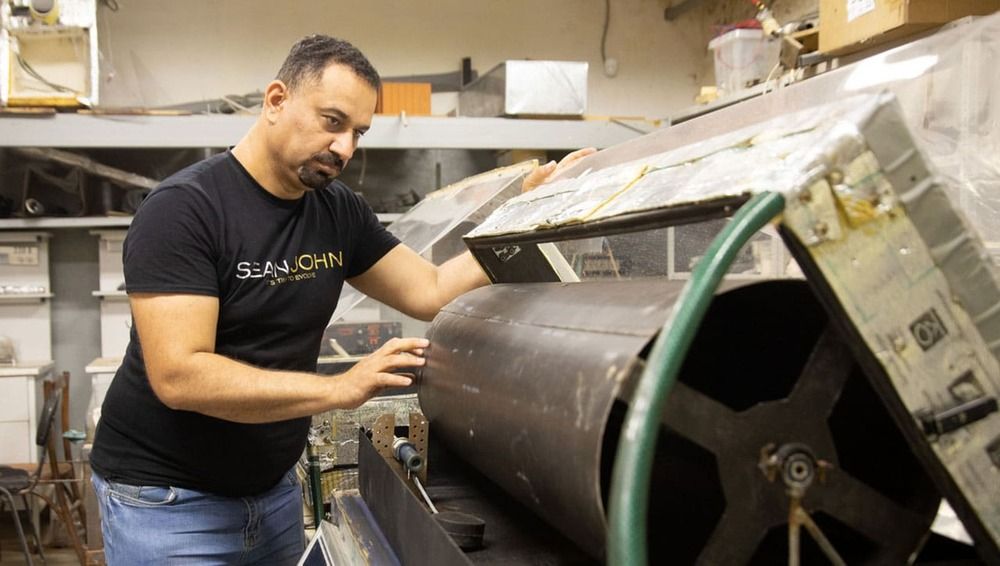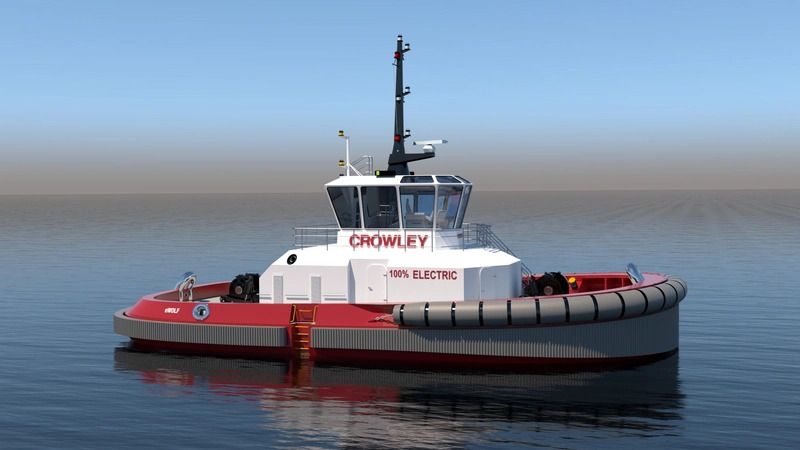This could revolutionize the way solar panels are produced on Earth and in space. The solar panel manufacturing process also releases oxygen as a by-product, which could be used by future astronauts to create breathable environments in space.
The Luxembourg-based startup Maana Electric will soon be testing its TerraBox, a fully automated factory the size of several shipping containers that takes sand and produces solar panels. The company aims to send these small warehouse container-like boxes, capable of building solar panels using only electricity and sand as inputs, to the deserts of the Earth, in order to contribute to the fight against climate change.
If all goes according to the plans, the technology could reach the Moon, Mars, and beyond as well to help future space colonies meet their energy needs. The TerraBox fits within shipping containers, allowing the mini-factories to be transported to deserts across the globe and produce clean, renewable energy.
In addition to contributing to the fight against climate change, this potentially revolutionary product could also help reduce the dependence of renewable energy operators on China, which manufactures the majority of the world’s photovoltaic solar panels.


